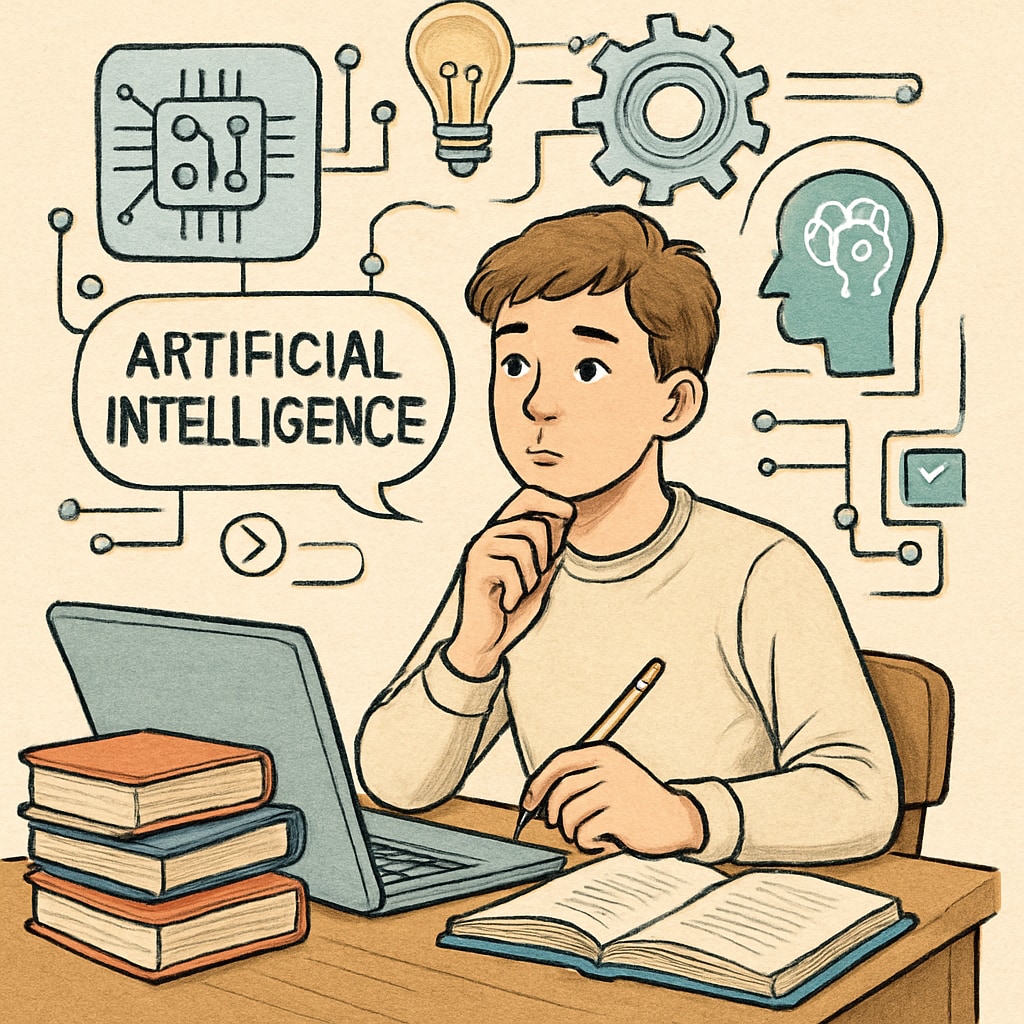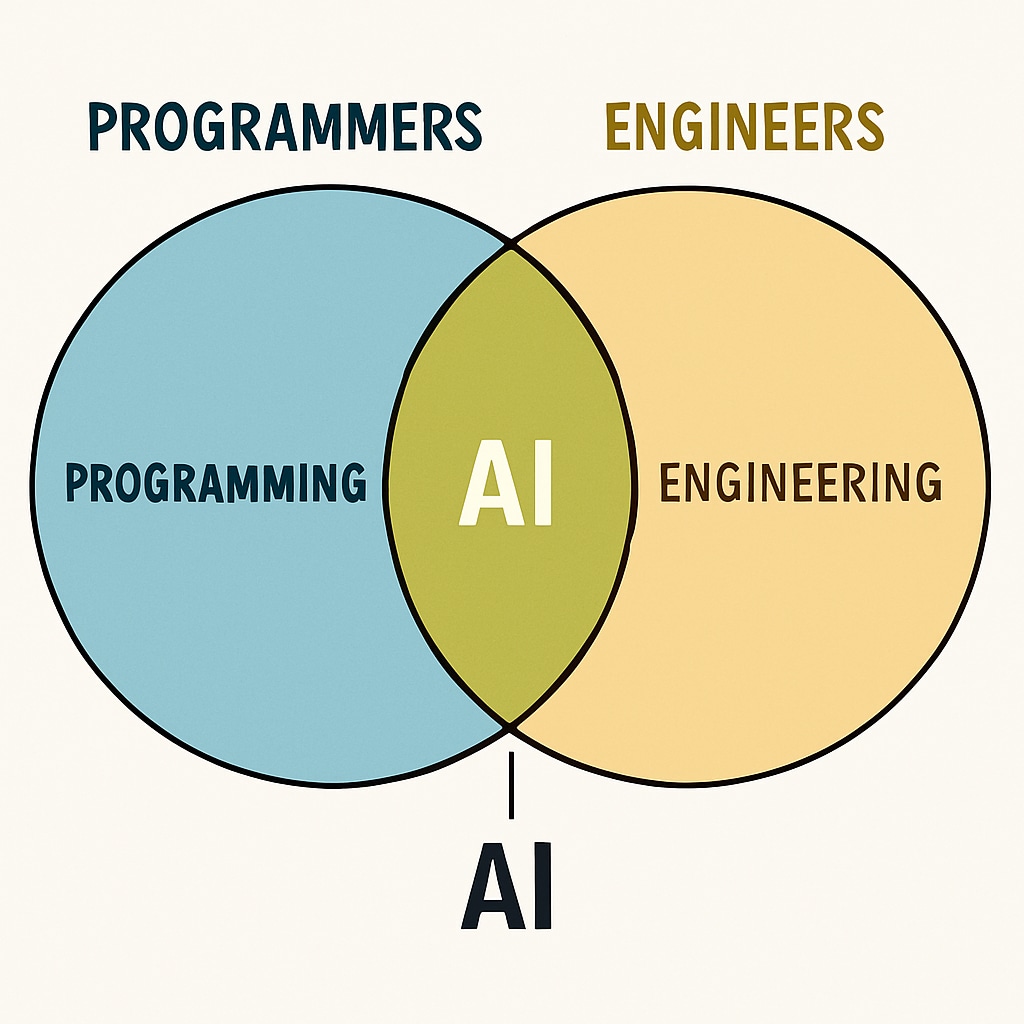In the rapidly evolving era of artificial intelligence (AI), young students, especially those in the K12 phase, are increasingly faced with tough decisions about their future. Career choices such as programmers, engineers, and other technology-related roles are no longer straightforward due to AI’s transformative influence. This article delves into the fundamental differences between these careers, the impacts of AI on these fields, and actionable steps to help students make well-informed decisions.
Understanding the Differences: Programmers vs Engineers
At first glance, programmers and engineers might seem interchangeable, especially in the context of technology-driven careers. However, these roles have distinct responsibilities and skill sets:
- Programmers: These professionals focus on writing, testing, and maintaining code that powers software applications. They are the architects of the digital world, often specializing in specific languages like Python, Java, or C++.
- Engineers: Engineers, particularly software or hardware engineers, take a broader approach. They not only code but also design systems, integrate hardware with software, and solve complex problems that require interdisciplinary expertise.
While programming is a critical component of most engineering roles, engineers often need to understand a wider range of concepts, such as system architecture and project management. As a result, students must evaluate their interests and aptitudes carefully.

The Impact of Artificial Intelligence on Programming and Engineering
AI is no longer a futuristic concept; it is reshaping industries, job roles, and even the skills required to succeed. Both programming and engineering are deeply affected by AI advancements:
- Automation in Programming: AI tools like GitHub Copilot and ChatGPT can now write and debug code, reducing the demand for entry-level programmers. However, these tools also create opportunities for programmers to focus on more creative and critical aspects of coding, such as algorithm design.
- Engineering Transformation: Engineers are leveraging AI to optimize system designs, simulate testing environments, and develop smarter hardware. This integration of AI demands engineers to acquire additional skills in machine learning and data analysis.
As a result, while AI does automate many repetitive tasks, it also elevates the importance of higher-order skills like problem-solving, creativity, and adaptability. Students should aim to develop these competencies to remain relevant in their chosen careers.

How to Help Young Students Make Informed Career Decisions
Choosing a career path in the face of AI’s rapid development can be daunting. Here are some practical steps to guide students in their decision-making process:
- Self-Assessment: Encourage students to reflect on their strengths, interests, and long-term goals. Do they enjoy solving logical puzzles (programming) or prefer hands-on problem-solving with tangible systems (engineering)?
- Explore AI-Integrated Careers: Help students research how AI is influencing their areas of interest. For example, they can explore roles like AI specialists, data scientists, or robotics engineers.
- Develop Versatile Skills: Emphasize the importance of soft skills such as communication, teamwork, and adaptability. Technical knowledge is essential, but these transferable skills set candidates apart.
- Seek Mentorship: Connecting with professionals in the field can provide valuable insights. Platforms like LinkedIn or local career fairs are excellent resources for networking opportunities.
The goal is to empower students with the knowledge and confidence needed to navigate their career paths while embracing the changes brought about by AI.
Looking Ahead: The Future of Programmers and Engineers in the AI Age
Despite the uncertainties, one thing is clear: programming and engineering will remain crucial in shaping the future. However, the roles themselves will evolve. Programmers may transition to more abstract and creative roles, while engineers will likely tackle increasingly complex interdisciplinary challenges. Students must stay informed and adaptable to thrive in these dynamic fields.
In conclusion, career choices, especially those influenced by artificial intelligence, require careful thought and planning. By understanding the nuances between programming and engineering, assessing the impacts of AI, and equipping themselves with versatile skills, young students can confidently step into the future with clarity and purpose.
For further reading: Learn more about AI’s impact on careers or explore engineering’s diverse applications.


